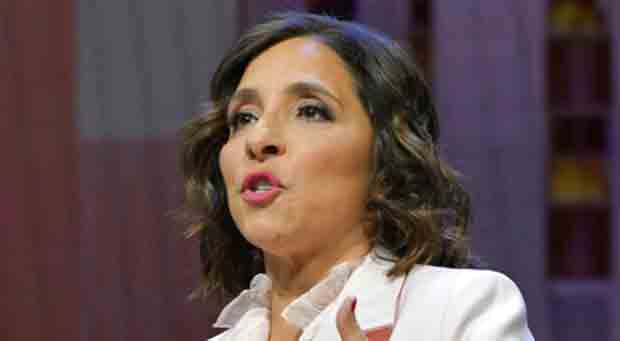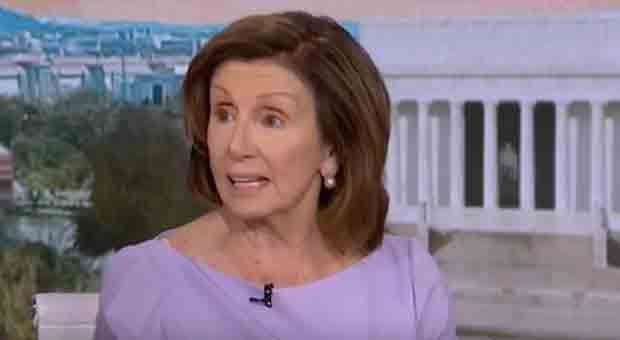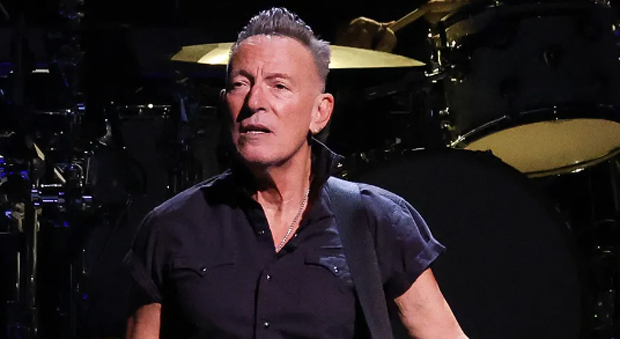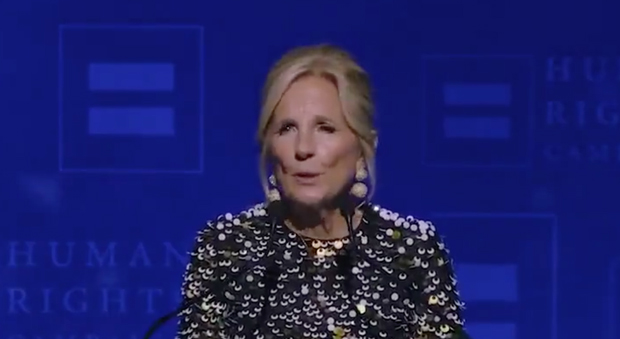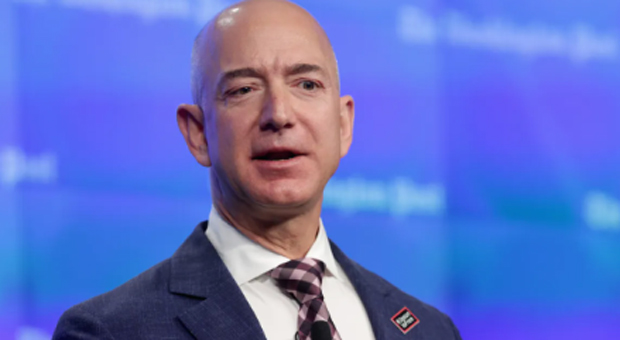At the recent World Economic Forum in Davos, Klaus Schwab struck an unusual tone—one of desperation—as he appeared to be witnessing his carefully constructed house of cards begin to collapse under the new Trump administration.
The globalist elites centralized control, increased surveillance, and suppression of free speech under the guise of “progress” in their “Great Reset” agenda now faces imminent destruction.
One major factor contributing to Schwab’s apparent unease is Donald Trump‘s move to demolish his globalist vision.
Trump’s administration recently cut ties with agreements like the Paris Climate Accord and questioned international organizations’ influence, putting sovereignty and national interests at the forefront.
Across the globe, citizens are waking up to the overreach of technocratic governance. Movements advocating for sovereignty, freedom, and accountability are gaining traction.
From mass protests against COVID-19 lockdowns and mandates to the pushback against digital IDs and central bank digital currencies (CBDCs), people are rising against what they see as a creeping loss of individual and national autonomy.
The Great Awakening Versus the Great Reset
Schwab’s reference to “short-term pressures” at Davos belies a more profound concern. It’s not simply about immediate political or economic challenges but the unraveling of the globalist vision.
Many interpret this as a lament over the weakening grip of their so-called New World Order, which is often associated with centralized global governance and diminished national sovereignty.
Schwab isn’t addressing “short term pressure”—he’s lamenting the fall of their New World Order.
Watch
A New Era of Sovereignty and Freedom under Trump?
The crumbling of the globalist agenda signals the rise of a new era as many are demanding a return to policies that prioritize their voices and freedoms.
Sovereignty, freedom, and personal accountability are becoming rallying cries for millions who feel disillusioned by years of top-down governance.
The fall of the globalist agenda is not the end of the conversation about globalization or cooperation.
Instead, it may mark the beginning of a new framework—one where decisions are made closer to the people they impact and where transparency and accountability replace opaque decision-making.
Klaus Schwab’s somber tone singals a profound transformation in global power dynamics. The unchecked globalist control era appears to wane as people worldwide assert their sovereignty and demand a seat at the table.
It remains to be seen whether the world will embrace this newfound spirit of freedom and accountability or succumb to further division.
One thing is certain: the days of blind compliance with centralized agendas are over, and a brighter, freer future is on the horizon.
RELATED: WEF: Majority of Humans No Longer Needed When AI Takes Over 41% of Companies




